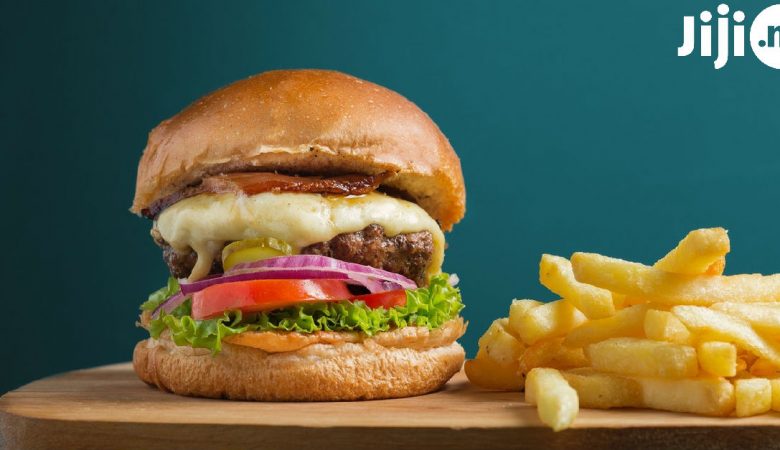SELL AND BUY HERE!
The sell is to no avail. This proverb is famous among shops owners and assistants. So what are the most widespread ways we are deceived in supermarkets? In the following article there are some useful pieces of advice which will help you save money in your purse, as well as keep your health in order, avoiding objectionable purchases.
Not an every supermarket tends to trick its clients. Not all the points will be appropriate to your particular town or city, supermarket and even country. We decided not to mention a legal system since it is different in each separate country. However, we recommend learning the legislation of your place of living. This will exactly serve you as a good shield, and sometimes even as a sword to struggle with unfaithful shop assistants.
Read endorsements on packages
This is the first and the main rule to follow in supermarkets. You should thoroughly read everything that is written on packages. If you mention a sticker pasted on another sticker, it is most likely that supermarket workers have prolonged synthetically the expiration date.
Very often there are spoilt products on the counters. This especially concerns half-finished and dairy products. We do not recommend buying goods with a very long expiration date.
Good products are fresh products!
Avoid buying cookery products
Lots of supermarkets have cookery departments. There you can find various cold cuts, salads and other dishes. We think, it is the well-known fact that there some products with the coming-to-the-end expiration date are used. The other question is how these dishes are cooked.
It means how clean their knives are, how often they wash carving boards and wipe tables for cooking. Moreover, spoilt goods can be the source of many diseases: staphylococcus, streptococcus, gonococcus and colibacillus. You are most likely not to get acquainted with these organisms, so avoid eating in such places.
Don’t believe in promo actions
Supermarkets like attracting its clients with the help of special actions. They are even ready to spend some money on leaflets which either gets into your letter box or immediately in your hands when you go in a tube or just walk in a public place:
20 % off cucumbers
3 kilograms for the price of 2
half-priced sausages…
Of course, such offers capture out attention, so we go to that particular supermarket with the only one purpose to cut down our expenses.
You should be careful with promo products!
Don’t buy cold-cuts
We do not really recommend buying cold-cuts (cheese and sausage) in supermarkets. There, like in a cookery department, some spoilt products can get. Moreover, in expensive cheese-cuts 50-100 grams of very cheap cheese can be added; you will reveal it already at home.
Pay attention to how products look like
Examine a product you want to purchase very thoroughly. If you notice some frozen stains, it means it was unfrozen and then frozen again. There is no useful thing in this procedure.
To add with
Salami has the property to loss its weight through drying. So we recommend weighting it before buying. This can help save some money.
Expensive products are located at your eye level. Cheaper goods are placed below or above.
Products with the coming-to-the-end expiration date are located as close as possible to the shelf edge. Fresh goods are placed as close as possible to the shelf back.
Visit supermarkets with a list of products you need.
All the important departments are located as far as possible apart not without purpose. So while going from the baker’s to the dairy department you will certainly meet an abundance of unnecessary products which you do not really need but which a supermarket is ready to sell you.
After receiving a check try to recall all the prices comparing with those in your check.
If they differ, turn to a cashier. Moreover, keep an eye on quantity of products a cashier counted because from time to time 3 yoghurts can turn into 4.
Thus, be considerate towards supermarket products; keep your eye on price-lists, stickers and appearance. Perhaps, it will save your purse and life.














